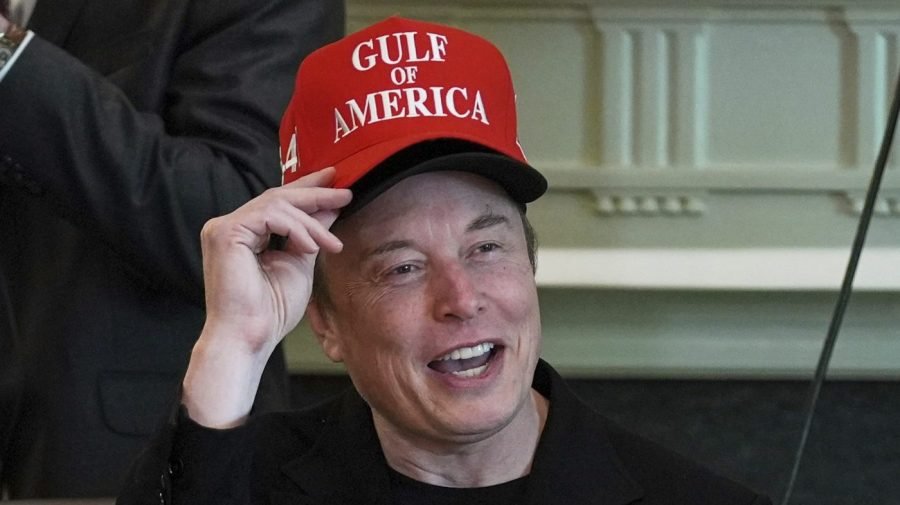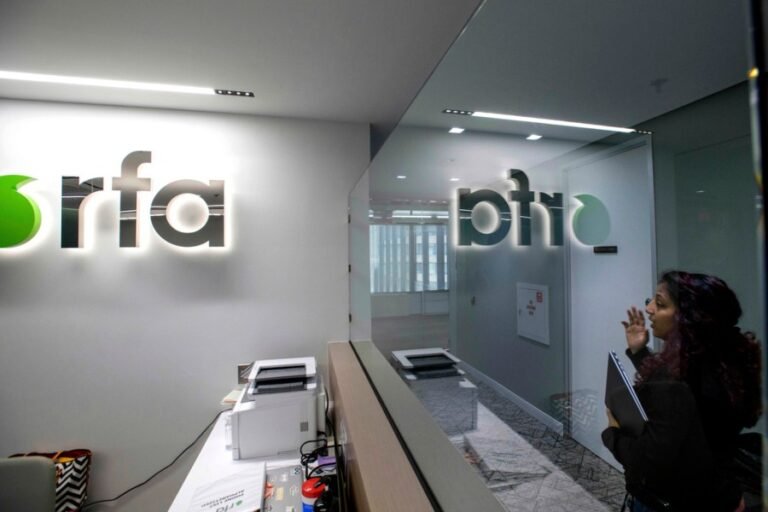
Elon Musk launched Grokipedia on Monday as an alternative to the nonprofit-powered Wikipedia.
Musk’s version is backed by xAI, but still uses Wikipedia as a source on most subjects. The subsections and citations on Grokipedia resemble that of its predecessor but refrain from reporting on topics critical of Musk, its maker.
For example, no mention of his gesture resembling a Nazi salute made on stage during a celebration of President Trump’s inauguration or ties to the development of toxic waste spread at data center for xAI in Memphis, Tenn., could be found in the search engine.
The site offers 885,279 articles, so far.
It’s the fruition of an effort first announced in late September with the goal of developing a “massive improvement over Wikipedia,” Musk previously wrote in a post on X.
In the past, he’s called the site “Wokipedia” following similar accusations from GOP lawmakers in Congress and White House AI czar David Sacks, who slammed the site as “hopelessly biased.”
“An army of left-wing activists maintain the bios and fight reasonable corrections,” Sacks alleged on X. “Magnifying the problem, Wikipedia often appears first in Google search results, and now it’s a trusted source for AI model training. This is a huge problem.”
However, The Wikimedia Foundation, the nonprofit that operates Wikipedia, defended itself from those claims last month in a statement that said, “Wikipedia informs; it does not persuade.”
Lauren Dickinson, a spokesperson for the Wikimedia Foundation, doubled down on those remarks Monday.
“Unlike newer projects, Wikipedia’s strengths are clear: it has transparent policies, rigorous volunteer oversight, and a strong culture of continuous improvement. Wikipedia is an encyclopedia, written to inform billions of readers without promoting a particular point of view,” Dickinson said in a statement reported by The Verge.
“Wikipedia’s knowledge is – and always will be – human. Through open collaboration and consensus, people from all backgrounds build a neutral, living record of human understanding – one that reflects our diversity and collective curiosity. This human-created knowledge is what AI companies rely on to generate content; even Grokipedia needs Wikipedia to exist,” she added.


